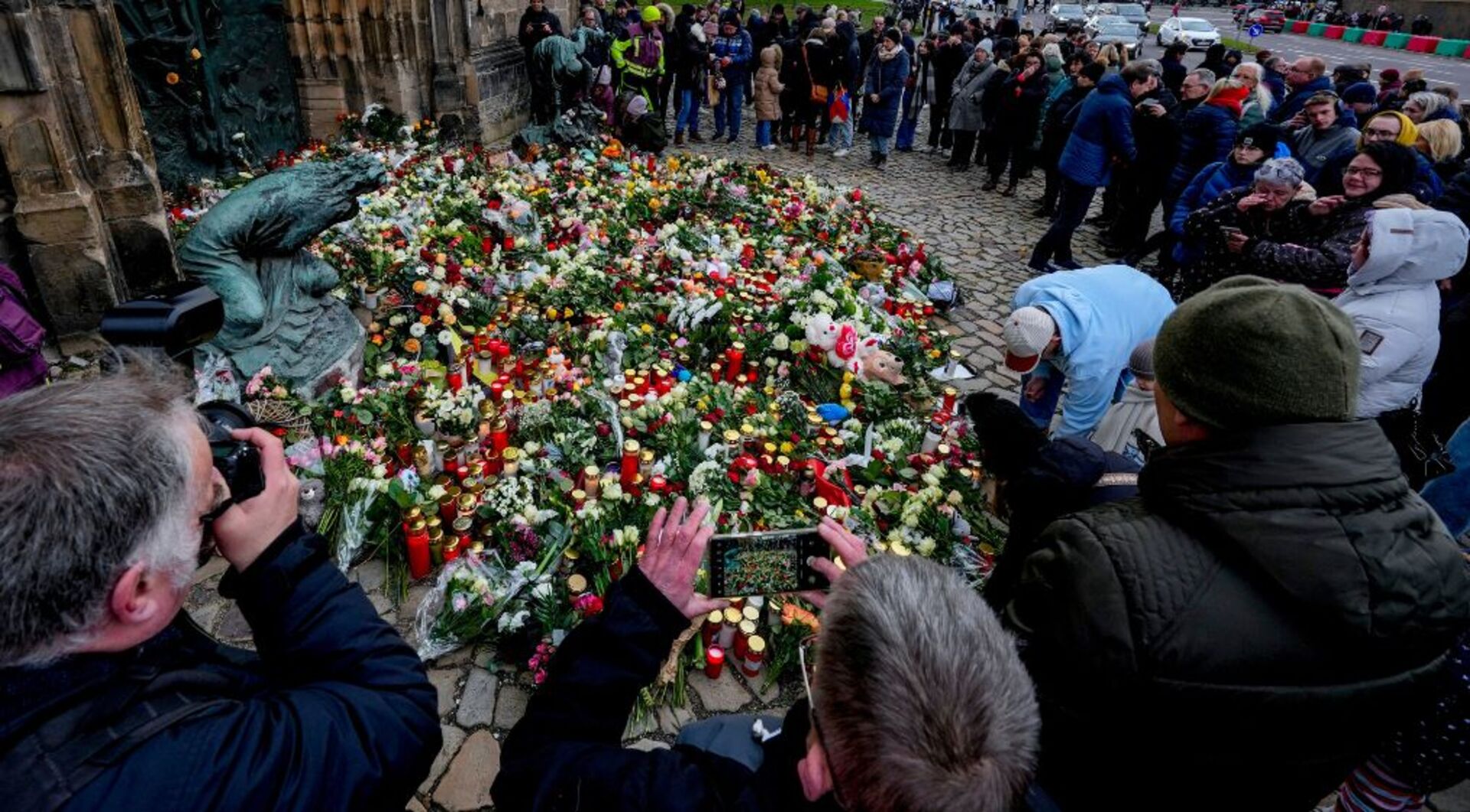MADRID — For weeks, Spaniards had anticipated the arrival of “El Gordo” or “The Fat One.”
But unlike Santa Claus, El Gordo arrived three days before Christmas, before noon on Sunday.
El Gordo is the first prize of Spain’s hugely popular national Christmas lottery, which is said to be the world’s largest based on the total prize money involved, even though other lotteries have larger single prizes. This year’s draw will spread riches totaling 2.7 billion euros (around $2.8 billion), much of it in small winnings.
Several ticket holders with the number 72480 won the top prize, worth 400,000 euros (roughly $417,000) before taxes. The winning tickets were sold in Logroño, a city in northern Spain’s La Rioja region that is known for its wines.
Multiple tickets with the same number can be sold to different groups and full tickets are divisible into 10 parts. Buying and sharing these fractions, known in Spanish as “décimos” or tenths, is a popular tradition in the run-up to Christmas. Families, friends, and co-workers often take part, usually spending 20 euros (about $21) each.
On Sunday, young students from Madrid’s San Ildefonso school selected the numbers from two revolving orbs in the capital’s Teatro Real opera house and sang them out in turn for nearly five hours in a cadence familiar to Spaniards. After “El Gordo” was announced, audience members — some dressed in costume as Don Quijote, Christmas elves, Biblical wise men and the lottery itself — began streaming out of the venue, from which the event was televised nationally.
María Ángeles, a teacher from the southwestern province of Badajoz, said she waited for hours in line to get a seat inside the opera house to watch the event with a group of 14 friends and family members that she traveled with to Madrid.
“The point of coming to see the lottery is the hope,” Ángeles said. She reckoned no one in her group won more than 140 euros ($146).
The lottery works on the premise of distributing the most winning numbers to the largest number of people possible. There are hundreds of small prizes and 13 major ones, including the “El Gordo” winner.
In the weeks leading up to the draw, lines form outside lottery offices, especially those with a history of selling prize-winning tickets in previous years.
Spain’s Dec. 22 Christmas lottery began during the Napoleonic wars in 1812 and has continued largely without interruption since then, even during the Spanish Civil War. Students from the San Ildefonso school have been singing the prizes since the start.
Spain’s national lottery was first established as a charity in 1763 by the Bourbon monarch King Carlos III. It was later used to shore up state coffers. Today, it supports various charities.




Leave a Comment